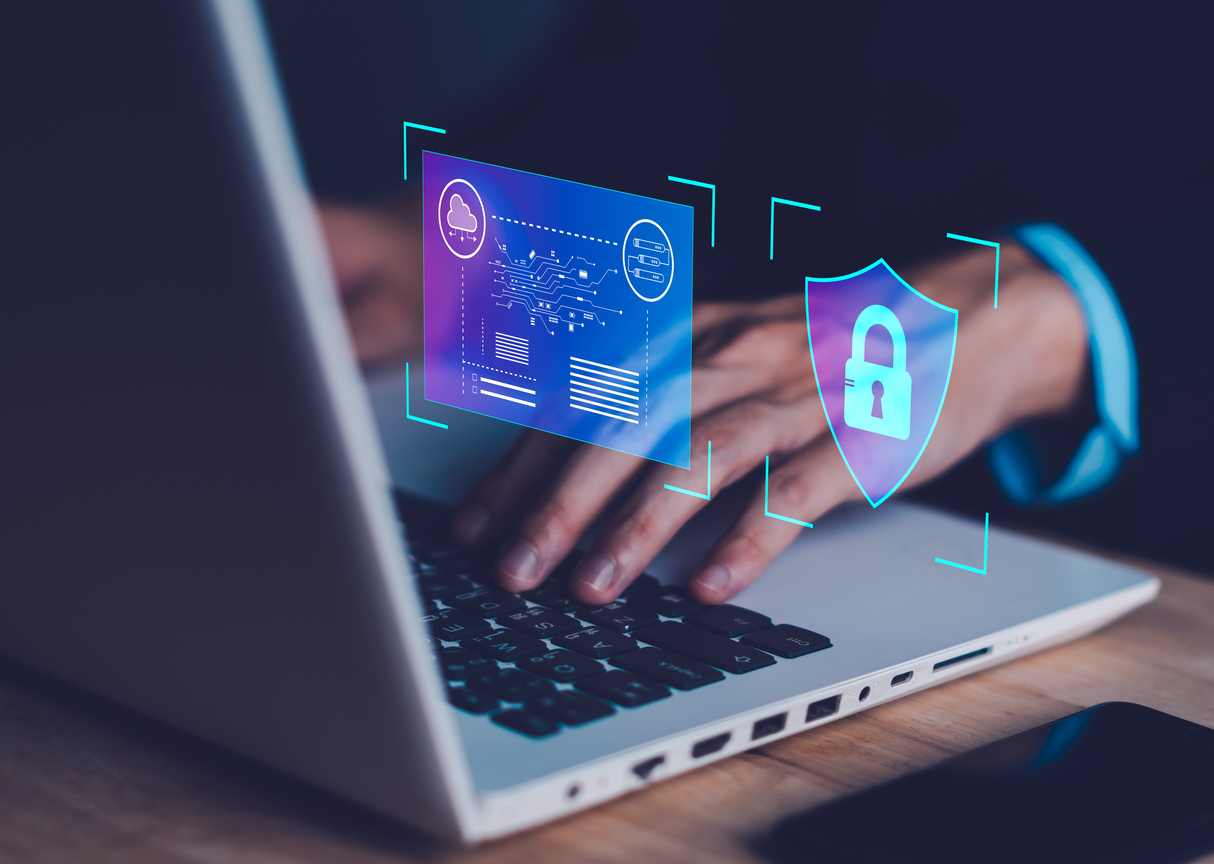Data security is a critical concern for businesses of all sizes. Whether you're managing customer information, sensitive financial records, or proprietary business data, keeping it secure is paramount. For many organizations, a Virtual Private Server (VPS) provides a flexible, cost-effective hosting solution offering robust security features to protect data.
A VPS serves as a midpoint between shared hosting and dedicated servers, merging the security benefits of both. But how does a VPS safeguard your data? Let’s examine the crucial aspects that ensure data security on a VPS.
1. Isolation from Other Users
One of the key security benefits of a VPS is its isolation. Unlike shared hosting, where multiple users share the same resources, a VPS operates independently from other users. Each VPS has its own dedicated resources (CPU, RAM, and storage) and runs on its own operating system.
This isolation minimizes the risk of data breaches caused by neighbouring websites or applications on the same server. Even if another VPS on the physical server is compromised, your data remains separate and unaffected. This “sandboxing” ensures that your virtual environment is private and secure.
2. Full Control Over Security Configurations
A VPS, such as a Contabo VPS, gives businesses root access to their server environment, meaning you have full control over security settings. This is a huge advantage for companies that want to customize their security measures according to specific needs.
You can install firewalls, implement intrusion detection systems (IDS), and configure encryption protocols. This flexibility allows businesses to adopt the latest security tools and technologies to protect their data. It also provides the freedom to apply regular updates, ensuring your system remains protected against newly emerging threats.
3. Data Encryption for Secure Communication
Encryption is an important component of data security on a VPS. When data is transferred between your server and users, encryption protocols like SSL/TLS protect the information from being intercepted by unauthorized parties. This is especially important for handling sensitive transactions, such as e-commerce websites or those dealing with personal user data.
By encrypting data both in transit and at rest, you can significantly reduce the risk of data breaches. Most VPS providers also offer the option to implement additional encryption layers, such as full-disk encryption, ensuring that even if physical hardware is compromised, the data remains inaccessible without the proper decryption keys.
4. Regular Backups and Disaster Recovery
Data loss can be as damaging as a security breach. Most VPS providers include automated backup services as part of their hosting packages. These regular backups help to ensure that, in the case of system failures, cyberattacks, or accidental data loss, your business can swiftly recover essential data.
Many VPS solutions also come with disaster recovery options, which allow you to restore your server to a previous state in case of a breach or failure. These recovery features can minimize downtime and reduce the impact of potential security incidents, ensuring business continuity.
5. Strong Access Control and Authentication
Another key element of VPS security is access control. With a VPS, you have the ability to create secure authentication systems for users accessing the server. This includes implementing multi-factor authentication (MFA), which requires more than just a password to gain access, adding an extra layer of security.
You can also set user-level permissions, restricting access to certain parts of the system based on the role or function of individual users. This ensures that only authorized personnel have access to sensitive areas of the server, reducing the risk of insider threats or unauthorized access.
6. DDoS Protection and Firewall Security
Many VPS providers offer built-in Distributed Denial of Service (DDoS) protection, shielding your server from malicious attempts to overwhelm it with traffic. DDoS attacks are a common method used by cybercriminals to disrupt services or create vulnerabilities for further attacks.
In addition to DDoS protection, a VPS enables you to implement and customize firewalls, controlling the traffic that enters and leaves your server. This proactive defence mechanism can block malicious traffic before it has a chance to reach your data, reducing the risk of attack.
Conclusion
A Virtual Private Server (VPS) offers robust security features that make it a great option for businesses looking to protect their data. From isolation and full control over security configurations to encryption, backups, and strong access controls, a VPS provides multiple layers of defence. When configured correctly, a VPS can be a highly secure hosting environment, giving businesses the flexibility they need without compromising on data protection. Whether you’re running an e-commerce store or managing confidential business data, a VPS can help to ensure that your data remains safe and secure.










